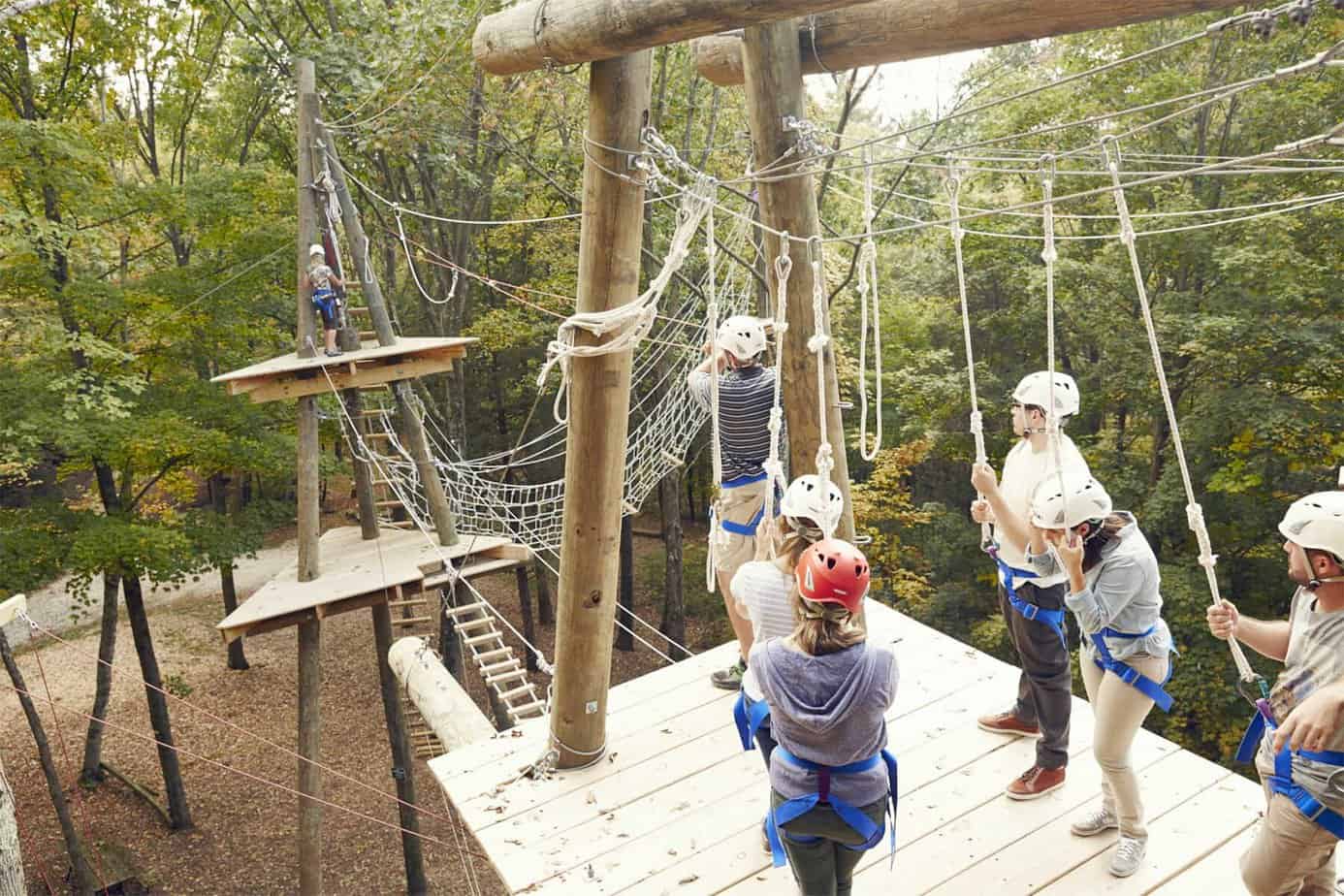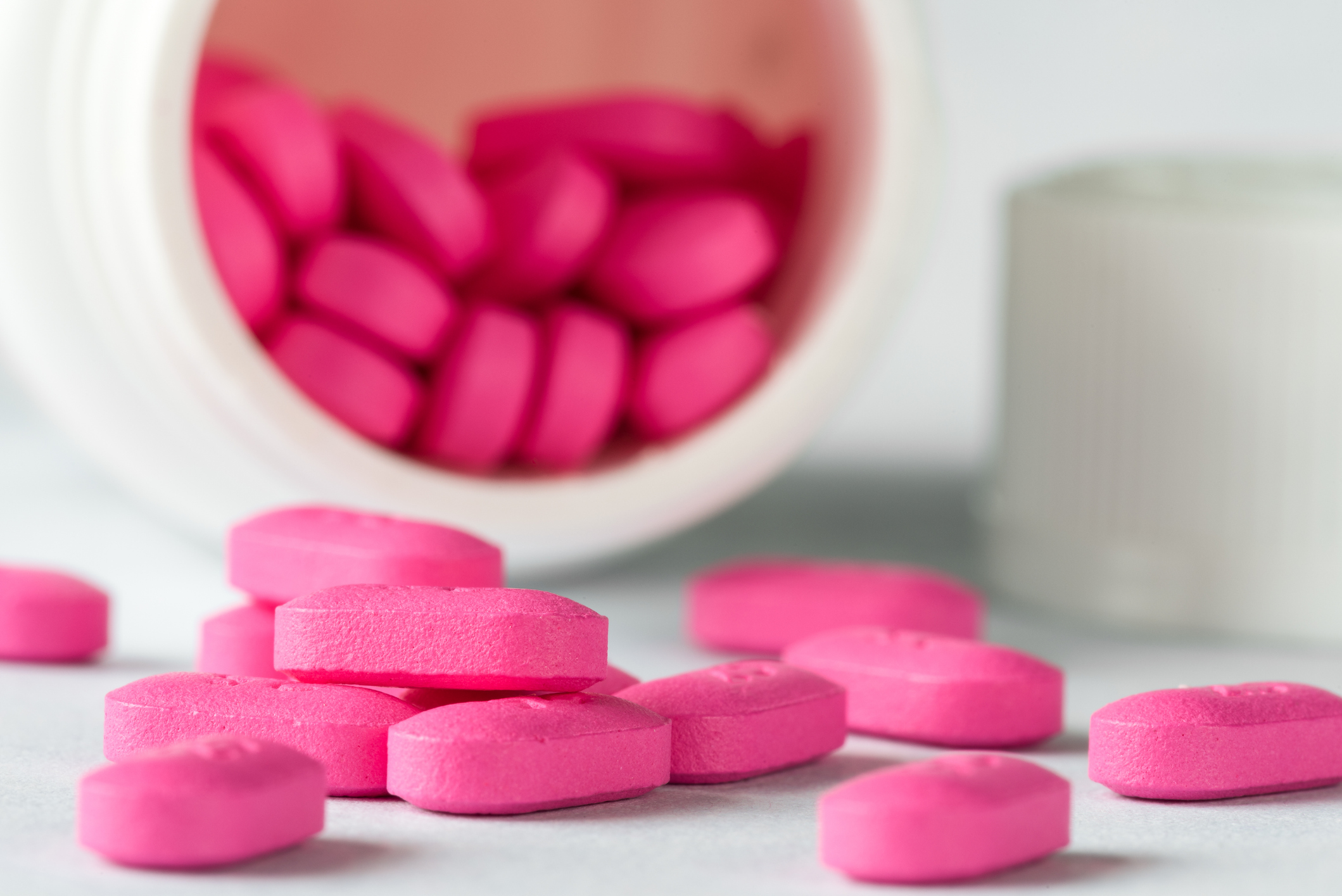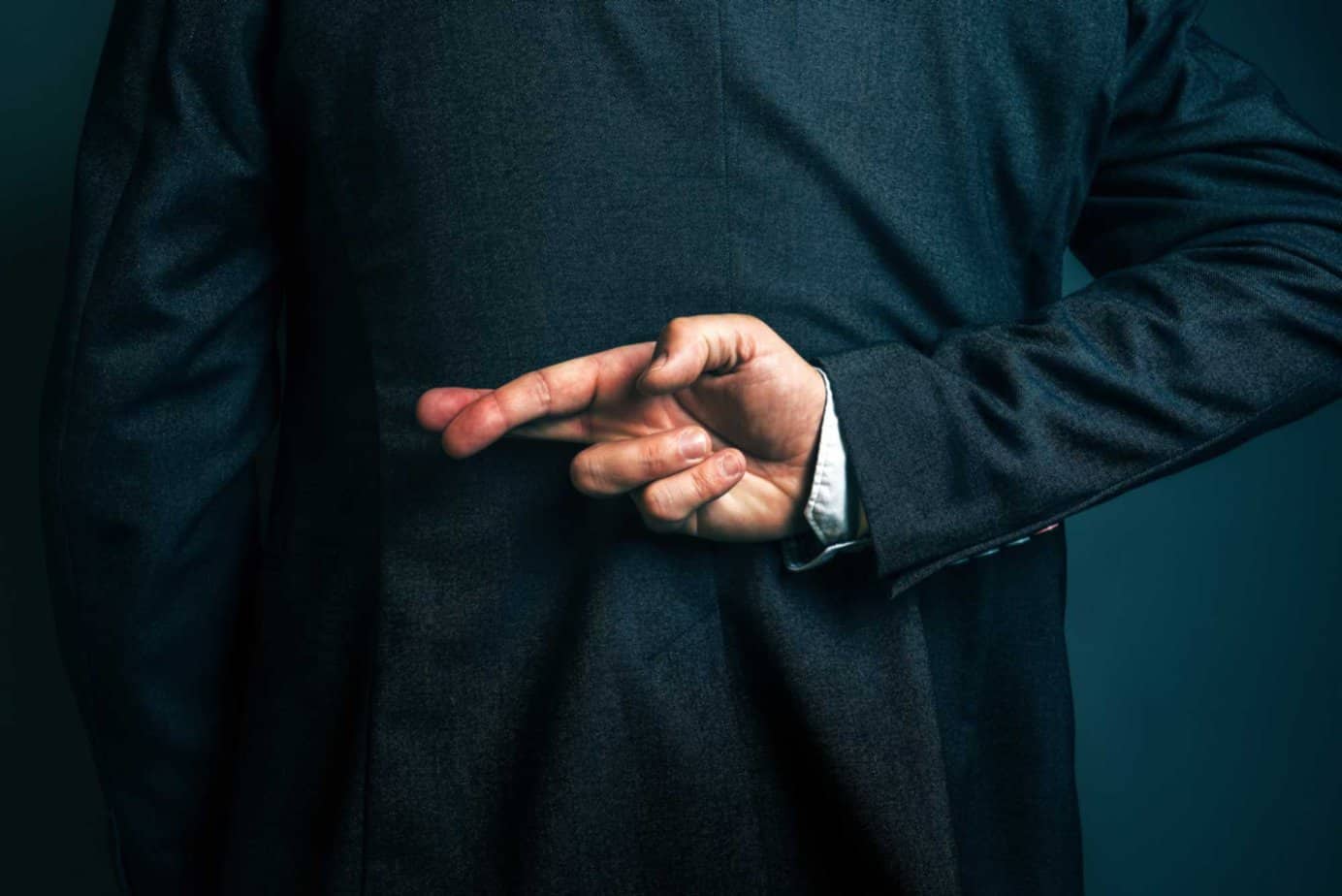Attending social gatherings and staying sober during holidays and special occasions can be challenging, especially for those recovering from social anxiety disorder and substance use. Many individuals have relied on alcohol or drugs as social lubricants or used substances to combat summer depression or the holiday blues. Stepping into social settings without these substances can feel overwhelming. However, with the right mindset and sober socializing tips and strategies, it’s entirely possible to enjoy social interactions without the crutch of alcohol or drugs.
Understanding Social Anxiety and Its Impact
Generalized or social anxiety disorders (GAD and SAD) are common mental health conditions that affect millions of people. These manifest as an intense fear of being judged or scrutinized in social situations. This anxiety can lead to avoidance behaviors, making it challenging to engage with others and participate in social activities. The social anxiety DSM-5 definition describes SAD as fear of
- Social situations
- Negative evaluation from others
- Avoidance
- Excessive anxiety
- Impaired functioning
The social anxiety DSM-5 description also states the anxiety must be present for at least six months and cannot be caused by an outside factor. Before visiting your physician, you can always take a quick social anxiety test to see if your symptoms match the diagnosis.
It’s also important to remember there are different levels of social anxiety. On one end, a person may have panic disorder or agoraphobia, while the other end of the spectrum is high-functioning anxiety. All levels of social anxiety are essential to treat to build a solid and fulfilling life after addiction.
The Symptoms of Social Anxiety
Those with social anxiety may experience a range of physical and emotional symptoms:
- Physical symptoms: These can include sweating, trembling, rapid heartbeat, and difficulty speaking. Such reactions can exacerbate feelings of self-consciousness.
- Emotional symptoms: Many people with social anxiety struggle with negative self-talk, low self-esteem, and a persistent fear of rejection. These feelings can hinder social interactions and create a cycle of avoidance.
The good news is social anxiety, panic disorder, and substance abuse disorder are all treatable, and it is possible to build confidence and self-esteem in recovery.
The Link Between Social Anxiety and Substance Use
It’s not uncommon for those with social anxiety to turn to alcohol or drugs as a means of coping. While substances may provide temporary relief, they often exacerbate anxiety in the long run, leading to a cycle of dependence. Recognizing this connection is crucial for those seeking to be sober in social situations.
Building a Supportive Network
A robust support system is vital for anyone looking to maintain sobriety and reduce social anxiety. Surrounding yourself with understanding friends and family can make a significant difference, particularly when managing cravings and triggers in social situations.
Choosing Your Companions Wisely
- Supportive friends: Spend time with people who respect your choice to stay sober. These individuals can encourage and help you feel more at ease in social settings.
- Avoiding triggers: Steer clear of friends who may pressure you to drink or use substances. It’s essential to prioritize your wellbeing and surround yourself with positive influences.
If the majority of your friends still use substances, you can build a supportive network through groups such as Alcoholics Anonymous (AA), Narcotics Anonymous (NA), and SMART Recovery.
Communicating Your Needs
Don’t hesitate to express your feelings and concerns to your support system. Open communication fosters understanding and creates a safe space to share your experiences.
Preparing for Social Situations
Preparation is key to feeling confident in social settings. By planning ahead, you can alleviate some of the anxiety associated with these situations.
Visualizing Success
Visualization techniques can help you mentally prepare for social interactions. Imagine yourself confidently engaging in conversations, enjoying the atmosphere, and feeling comfortable. This practice can help train your brain to respond positively in real-life scenarios.
Setting Boundaries
Establishing clear boundaries before attending an event can help you feel more secure. Decide in advance how you will respond to offers of alcohol and what situations might trigger discomfort. If at any time you think, “I’m not feeling like myself,” it’s time to use your exit strategy as outlined below.
Selecting Appropriate Venues
Choosing the right environment for socializing can significantly impact your comfort level.
Opt for Alcohol-Free Events
Consider attending gatherings that don’t revolve around alcohol. Look for events such as:
- Book clubs: Engaging in discussions about literature can stimulate meaningful conversations without the pressure of alcohol.
- Outdoor activities: Hiking, biking, or participating in sports can provide a refreshing alternative to traditional social settings.
Researching Venues
Before heading out, check the venue’s menu or atmosphere online. Knowing what to expect can help reduce anxiety and make you feel more prepared.
Developing Coping Strategies
Coping skills for recovering addicts are essential. A toolkit of coping strategies can empower you to handle social situations confidently.
Mindful Breathing Techniques
Practicing deep breathing can help calm your nerves before and during social interactions. Focus on taking slow, deep breaths to reduce anxiety and regain composure.
Grounding Exercises
Grounding techniques can help you stay present and focused. Try the 5-4-3-2-1 method, where you identify:
- Five things you can see
- Four things you can touch
- Three things you can hear
- Two things you can smell
- One thing you can taste
This exercise can help shift your focus from anxiety to the present moment.
Creating an Exit Strategy
Having a plan for leaving a social situation can provide peace of mind. Remember, your priority is to stay sober in social situations, so embrace that mindset.
Preparing Excuses
Think of polite excuses you can use if you feel overwhelmed or uncomfortable. Whether you need to get up early the next day or have a prior commitment, having a reason to leave can ease anxiety.
Time Management
Limit the duration of your stay at events, especially in the early stages of recovery. Consider attending for a shorter time and gradually increasing your presence as you become more comfortable.
Managing Expectations
Understanding that socializing sober may feel different can help set realistic expectations.
Accepting Discomfort
It’s normal to feel a bit uncomfortable at first. Acknowledge your feelings and remind yourself that discomfort is part of growth. Over time, you’ll likely find it easier to navigate social situations. Being deeply rooted in alcohol counseling or addiction therapy can significantly help. Many therapy options for substance abuse and social anxiety exist.
Celebrating Small Wins
Recognize and celebrate your achievements, no matter how small. Each step you take toward comfort when being sober in social situations is a victory worth acknowledging.
Practicing Self-Compassion
Be kind to yourself throughout this journey. Recovery and socializing sober can be challenging, but self-compassion is essential.
Avoiding Negative Self-Talk
Challenge any negative thoughts that arise and replace them with positive affirmations. Remind yourself of your strengths and the progress you’ve made.
Seeking Professional Help
If social anxiety continues to hinder your ability to socialize, consider seeking professional support. Therapists can provide valuable tools and strategies to help you comfortably navigate social interactions.
If you’re still having trouble putting the substance down, a multifaceted rehab center may be a good first choice. If you’re already in recovery, opt for outpatient drug treatment centers, alcohol counseling, or anxiety and addiction therapy. SMART Recovery and 12-step groups can also be a significant asset to help you navigate every social situation while sober.
If you or a loved one is struggling with addiction, Mountainside can help.
Click here or call (888) 833-4676 to speak with one of our addiction treatment experts.

 By
By 







